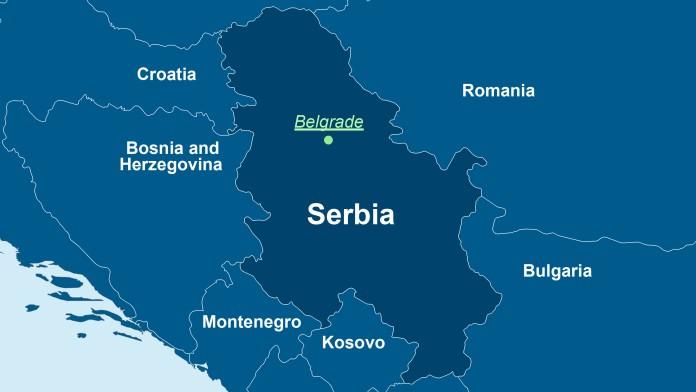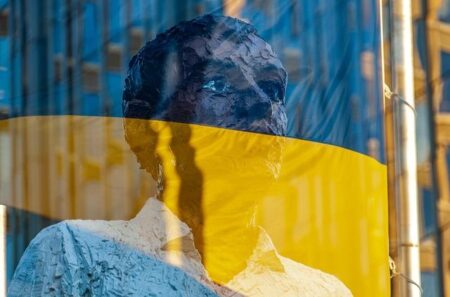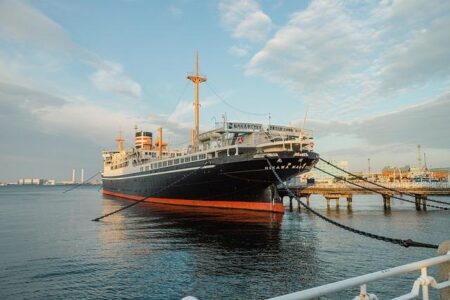Serbia has announced it will not impose sanctions on Russia despite mounting international pressure, President Aleksandar VuÄŤić confirmed. The decision underscores Serbia’s delicate geopolitical position and its desire to maintain strategic ties with Moscow amid ongoing tensions in Eastern Europe. VuÄŤić’s statement highlights the country’s intent to balance diplomatic relations while navigating complex regional and global dynamics.
Serbia Maintains Strategic Neutrality Amid Western Sanctions Pressure
Amid growing international expectations, Serbian President Aleksandar VuÄŤić has reaffirmed the country’s commitment to a policy of strategic neutrality, emphasizing that Serbia will not follow Western demands to impose sanctions on Russia. VuÄŤić highlighted the importance of preserving national interests and maintaining balanced diplomatic relations, especially given Serbia’s historical and economic ties with Russia. This stance reflects a broader regional skepticism toward blanket sanctions and underlines Serbia’s focus on sovereignty over external pressure.
Analysts note that Serbia’s position is shaped by several factors, including energy dependency, trade links, and a desire to avoid jeopardizing alliances. The government’s official statement clarifies:
- No alignment with unilateral sanctions that conflict with national interests.
- Continued pursuit of EU integration while maintaining open dialogue with all global partners.
- Commitment to regional stability amidst complex geopolitical tensions.
| Aspect | Serbia’s Approach |
|---|---|
| Diplomatic Stance | Neutral, balanced |
| Energy Dependence | High reliance on Russian gas |
| Economic Relations | Strong bilateral trade ties |
| EU Integration | Ongoing but cautious |
Vučić Emphasizes National Interest Over International Expectations
President Aleksandar VuÄŤić has made it clear that Serbia will maintain its stance driven by the country’s national interests, despite growing international pressure to align with Western sanctions against Russia. Emphasizing sovereignty and pragmatic diplomacy, VuÄŤić stated that Serbia’s decisions must prioritize the well-being of its people and economic stability rather than external expectations. He underscored that Serbia’s historical ties and strategic partnerships, particularly with Russia, require a balanced approach that avoids unnecessary confrontation or harm to the nation’s progress.
Highlighting the core principles guiding Serbia’s foreign policy, VuÄŤić outlined key areas where the government remains steadfast:
- Energy security: Sustaining vital Russian energy supplies to ensure affordable prices for Serbian citizens.
- Economic resilience: Protecting trade relations critical to the economy amidst a complex global environment.
- Diplomatic neutrality: Navigating international demands without compromising Serbia’s independent decision-making.
| Aspect | Serbia’s Position | International Expectations |
|---|---|---|
| Sanctions on Russia | Refused to impose | Strong pressure to comply |
| Energy Supplies | Maintain Russian imports | Reduce dependence |
| Foreign Policy | Neutral, independent | Alignment with Western bloc |
Experts Recommend Balanced Diplomacy to Navigate Complex Geopolitical Landscape
The geopolitical tensions of recent years have underscored the importance of a nuanced and balanced approach to international relations, especially for countries situated at the crossroads of East and West. Experts stress that a rigid stance may not only isolate nations but also compromise their strategic interests. In this context, Serbia’s decision to refrain from imposing sanctions on Russia, despite significant pressure from Western allies, is viewed as a calculated effort to maintain equilibrium while safeguarding its own diplomatic and economic priorities.
Analysts emphasize several key components crucial for navigating today’s global complexities:
- Pragmatic Engagement: Maintaining open channels with all major powers to avoid unnecessary confrontations.
- Respect for Sovereignty: Prioritizing national interests without succumbing to external demands.
- Economic Stability: Ensuring that foreign policy decisions do not jeopardize domestic economic growth and trade relationships.
This strategy allows countries like Serbia to retain flexibility and promote regional stability amid volatile international dynamics.
| Diplomatic Strategy | Key Benefit | Potential Risk |
|---|---|---|
| Balanced Relations | Maintains dialogue with all sides | May invite criticism from polarized blocs |
| Economic Pragmatism | Protects national economy | Could limit alliance support |
| Sovereignty Emphasis | Strengthens national autonomy | Risks diplomatic isolation |
Concluding Remarks
As Serbia continues to navigate complex geopolitical pressures, President Aleksandar VuÄŤić’s firm stance against imposing sanctions on Russia underscores the country’s commitment to its longstanding foreign policy principles. While the decision may invite criticism from Western allies, it reflects Serbia’s prioritization of its national interests amid an increasingly polarized international landscape. Observers will be watching closely to see how Belgrade balances these dynamics in the months ahead.




